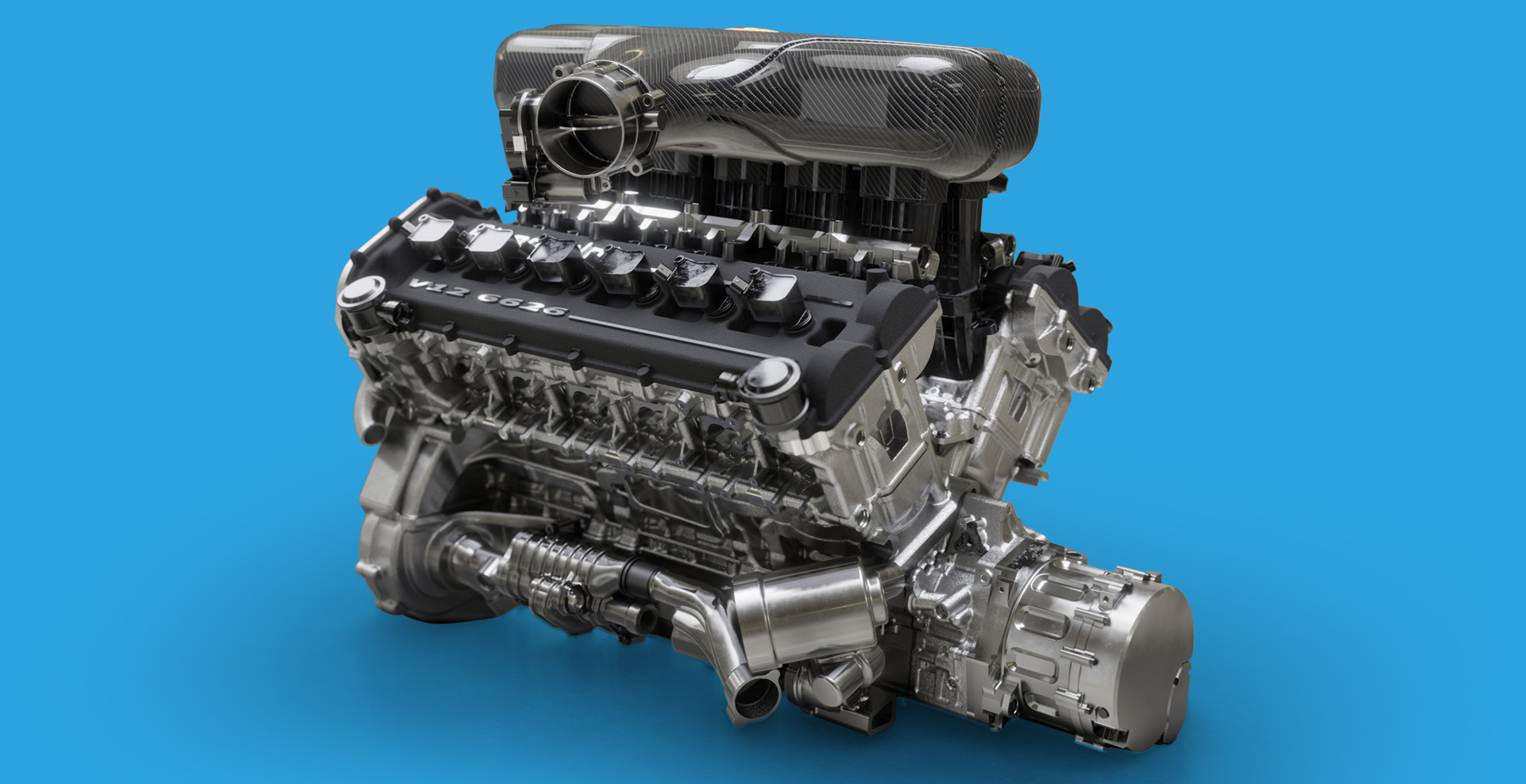A Full Guide to Picking the Right Engine for Your Job
Picking the proper engine for your task is an essential decision that can dramatically impact its general success. It is crucial to meticulously define your job requires, evaluate efficiency needs, and consider user-friendliness along with other necessary factors. Furthermore, comprehending the community assistance offered and looking at expense effects can better improve your selection. Each of these components plays a crucial duty in ensuring that your selected engine not only meets immediate objectives however likewise lines up with long-lasting goals. As we check out these considerations, you may find that the nuances of each aspect reveal greater than originally anticipated.
Define Your Task Requirements
Defining your task needs is an essential action in choosing the suitable engine for effective implementation. An extensive understanding of your project's objectives will certainly assist you in recognizing the abilities and attributes called for from an engine. Begin by describing the extent of your job, including the preferred functionality, target market, and the specific results you intend to accomplish.
Following, think about the technological demands that straighten with your project goals. This consists of examining the compatibility of the engine with existing systems, as well as the programs languages and structures that will be used. Additionally, examine the degree of scalability required to fit future development or changes in need.
Budget restraints also play an essential role in specifying your project requires. Develop a clear financial framework to lead your decision-making process, ensuring that the engine picked fits within your spending plan while giving the needed functionality.
Evaluate Efficiency Demands

Engines that sustain straight scaling are commonly more effective for bigger applications. Furthermore, review the engine's efficiency under various problems, such as peak usage situations, to ensure it meets your reliability criteria.
Take Into Consideration Convenience of Usage
While technological specs are important, the ease of usage of an engine can dramatically influence the advancement process and overall task success. An user-friendly interface, clear documentation, and structured process can substantially minimize the knowing curve for programmers, enabling them to concentrate on creative thinking and analytical instead of facing complicated tools.
When evaluating an engine's convenience of use, consider the onboarding experience. A well-structured intro, total with tutorials and sample tasks, can promote a smoother shift for brand-new users. Additionally, the clearness and comprehensiveness of the engine's paperwork play an essential role; comprehensive overviews and API references can equip developers to repair and implement features successfully.
An engine that enables for simple alterations can next be a lot more straightforward, as designers can customize it to fit their specific needs without comprehensive headache. Eventually, picking an engine that prioritizes convenience of usage can lead to an extra delightful and effective growth experience.
Assess Area and Assistance
The stamina of an engine's neighborhood and support network can significantly influence a developer's experience and success. A vibrant area usually shows a wide range of shared knowledge, resources, and repairing help that can improve your job's development procedure. When analyzing an engine, think about the size and activity degree of its community. Bigger areas normally provide a lot more online forums, tutorials, and third-party plugins, making it possible for programmers to discover options a lot more successfully.
Additionally, examine the schedule of main assistance networks. Dependable documentation, responsive consumer support, and normal updates are vital for addressing technical issues and maintaining your project on the right track. Engines For Africa. Active neighborhoods additionally promote cooperation, offering possibilities for networking and feedback, which can be vital, particularly for tiny teams or independent designers
In addition, examine the existence of community-run occasions, such as meetups or hackathons. These celebrations can improve your understanding of the engine while connecting you with prospective partners and seasoned customers. In summary, a robust community and support system not just enhance growth but also produce an atmosphere for finding out and innovation, ultimately improving the probability of your project's success.
Compare Cost and Licensing Options
Budget plan considerations play a crucial role in selecting the ideal engine for your project, as the cost and licensing options can substantially impact both short-term expenses and long-term viability. Engines For Africa. Various engines supply differing prices structures, which can consist of single acquisition charges, membership models, or revenue-sharing agreements based upon your task's incomes

Licensing alternatives additionally differ considerably. Some engines are open-source, providing flexibility and community-driven assistance, while others might call for exclusive licenses that limit use and distribution. Recognizing the effects of each licensing model is essential, as it influences ownership legal rights, future scalability, and possible legal responsibilities.
Final Thought
Finally, selecting the ideal engine for a job necessitates a detailed evaluation of defined job demands, performance requirements, convenience of usage, area assistance, and cost considerations. By systematically addressing these critical variables, decision-makers can ensure placement with both existing and this content future task demands. An educated option inevitably boosts the chance of job success, allowing effective source allotment and maximizing potential results within the specified financial restrictions.
Selecting the ideal engine for your job is a crucial choice that can substantially affect its general success.Defining your project needs is a critical action in picking the proper engine for effective application. A detailed understanding of your job's goals will certainly assist you in recognizing the attributes and abilities required from an engine.When you have a clear understanding of your job needs, the following action is to assess the performance demands of the engine.In conclusion, picking the proper engine for a project necessitates an extensive assessment of defined job needs, efficiency needs, simplicity of use, area assistance, and cost considerations.